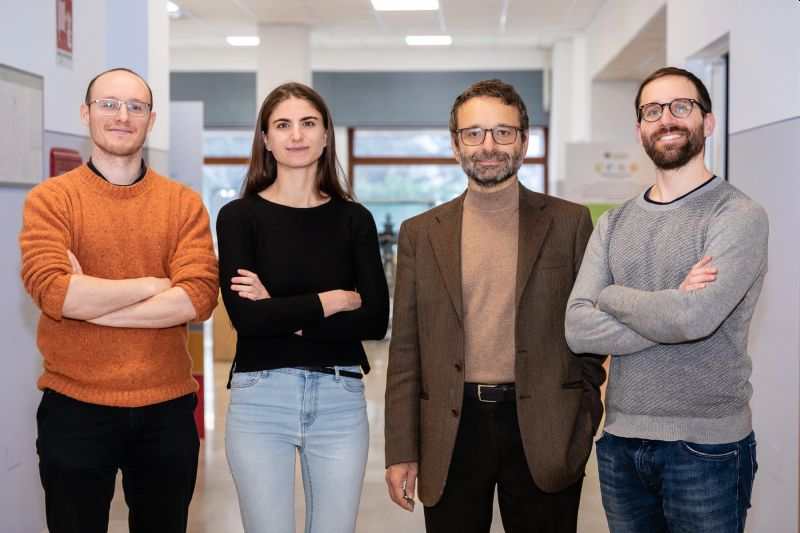AI chip startup NEye Systems raises $58M to power energy-efficient data centers with optical chips, led by Alphabet’s CapitalG

nEye Systems, an AI chip startup spun out of research at UC Berkeley, has raised $58 million in fresh funding to tackle one of the biggest challenges facing AI data centers: energy efficiency and flexibility.
The round was led by Alphabet’s growth fund, CapitalG, and included backing from Microsoft’s M12, Micron Technology, and Nvidia. The company has now pulled in a total of $72.5 million.
Founded in 2020 by Tae Joon Seok, Ming Wu, and Xiaosheng Zhang, NEye is working on a new kind of chip that uses light, not electricity, to move data between AI processors. The company is building what’s known as an optical circuit switch, a technology that allows data center operators to reconfigure how their machines are connected based on the workloads they’re running.
It’s a concept Google tested internally years ago to build its own AI supercomputer. Those chips, though, were built in-house and never hit the open market. NEye wants to change that.
“Google is a pioneer. They led the way,” co-founder Ming Wu told Reuters, who also teaches at UC Berkeley. “Other AI companies, other hyperscaler AI data center operators, they will be looking to acquire some of this technology rather than developing it themselves.”
nEye Systems described itself as a next-generation optical switch company developing programmable photonic chips that integrate high-radix optical circuit switching on a silicon platform. The company said its technology was built to support AI/ML systems and other high-performance computing environments, offering a future-ready solution as demand continues to grow.
According to nEye, its optical switches aim to tackle two major challenges in scaling AI infrastructure: rising power costs and network expansion limitations. The company noted that it is well-funded, early in its lifecycle, and positioned to become a key player in several multi-billion-dollar markets.
The chip promises two key things: better energy use and the ability to adapt on the fly. Both are big deals for AI data centers, which are under pressure to handle growing demand without blowing through electricity budgets.
While NEye hasn’t announced when it will ship at scale, the team has already built working prototypes and expects to share production samples next year.
James Luo, general partner at CapitalG and lead on the investment, said the technology isn’t just limited to the AI boom. He believes it could have staying power in traditional data centers too. “The beauty of it is as applicable to both models,” Luo said.
With big names like Microsoft, Micron, and Nvidia joining the table, NEye is clearly betting that the shift to optical isn’t just hype — it’s the next move for companies chasing more efficient infrastructure.




